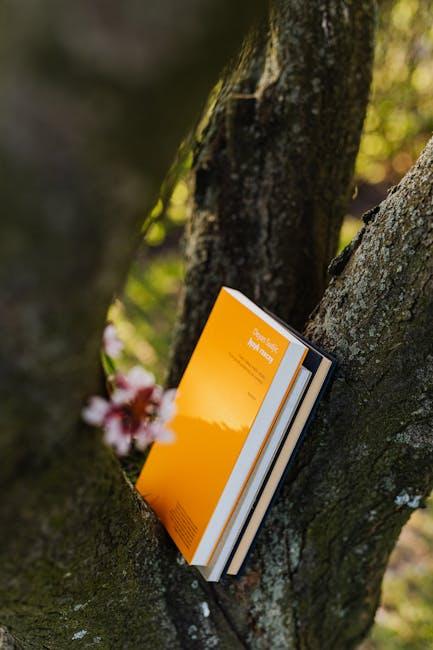Whispers of the wind, symphony of the streams, the hushed dialogue between flora and fauna – nature has etched its poignant poetry on the infinite canvas of the universe, instilling the world with an unspeakable wonder. As sentient beings, humans have long found themselves entranced, ensnared within this serene serenade of Mother Earth. The captivating allure of the natural world has woven itself into the threads of our imagination. Storytellers, poets, and artists across generations have thus embarked on a journey to translate this enchanting, sensory experience into the resounding words of literature. Welcome, then, to “The Poetry of Nature: Exploring Ecological Themes in Literature”, a mesmerising dive into the chaotic harmony of nature, reflecting on its countless shades magnificently portrayed in human expression.
Immerse yourself in the passages of distinct poets who have drawn fervent inspiration from the vast expanse of our planet and its awe-inspiring elements. Imbibed with stirring ecological themes, these works of literature evoke a profound connection to Earth. Emotionally charged and intellectually stimulating, these eco-conscious verses serve as rousing reminders to treasure and preserve the irreplaceable riches Mother Nature has to offer. With riveting lyricism and potent symbolism, these environmental anthems instill a renewed sense of kinship with our shared planet.
The Great Green: Broaching the spectacle of environmental aesthetics, both in classic and modern poetry, enables us to marvel at the intricate tapestry of nature. Here:
- “Ode to the West Wind” by Percy Bysshe Shelley
- “Song of Nature” by Ralph Waldo Emerson
- “The Rainforest” by Judith Wright
- “Dover Beach” by Matthew Arnold
These masterpieces reveal the indomitable spirit of the natural world. Employing rich linguistic devices, the poets distill the rhythm of Earth’s pulse into compelling narratives. On the other hand, contemporary environmental poetry highlights the often tragic interplay between humankind and nature.
| Name of the Poem | Poet |
|---|---|
| “Burning the Old Year” | Naomi Shihab Nye |
| “The Moose” | Elizabeth Bishop |
| “The Fish” | Mary Oliver |
These poems proportionately capture both the magnificence and the turbulence of nature, revealing a poignant discourse on humanity’s fraught relationship with the environment. Filled with expressions of love, awe, melancholy, and a call for responsibility, these selected pieces of poetic brilliance contribute to a lasting appreciation of the environment around us.
As the final verse of this exploration draws near, we find ourselves more entwined within Nature’s epic stanza than we first thought. Having traversed through the winding rhymes and rhythms of ecological themes in literature, we see our realities reflected in the mirror of poetic expressions, and find a whisper of the universe echoing in our existence. The Poetry of Nature has indeed allowed us to introspect, to draw fresh life-breath from the eloquence of greening leaves, bewilder in simplicity of a dew drop, or stand in awe of the tempestuous skies.
The words we’ve examined not only stir resonances and spark wonder, but coax us to become the silent guardians of our verdant habitat through the power of an unheard elegy. To question, to perceive, and to rekindle our relationship with this spinning sphere, to harmonise in its symphony – this is our part to play in the tapestry of life. To many, nature prose becomes an antidote, an awakening, an underscoring of our responsibilities.
May this journey through the blooming meadows of literatures, of plights and pleasures magnified under the glass of intricate verses, speak to your soul as softly as nature speaks to hers. As the page of this exploration turns, it’s our hope that the poetry of nature will continue to inspire, captify, and help you scribe your own relationship with the earth – a blank verse whose magnitude only expands with our understanding and nurturing care.
And so, the pen comes to a rest, yet the narrative of nature, refracted through literature, persists – an enduring sonnet inscribed in our collective hearts. Each of us a verse, each moment a line, in the mellifluous dialogue between mankind and Mother Earth. Concluding in the echo of Wordsworth’s sentiments— ‘nature never did betray the heart that loved her,’ after all, nature’s song is but a reflection of our own.








